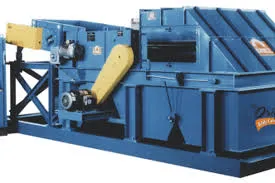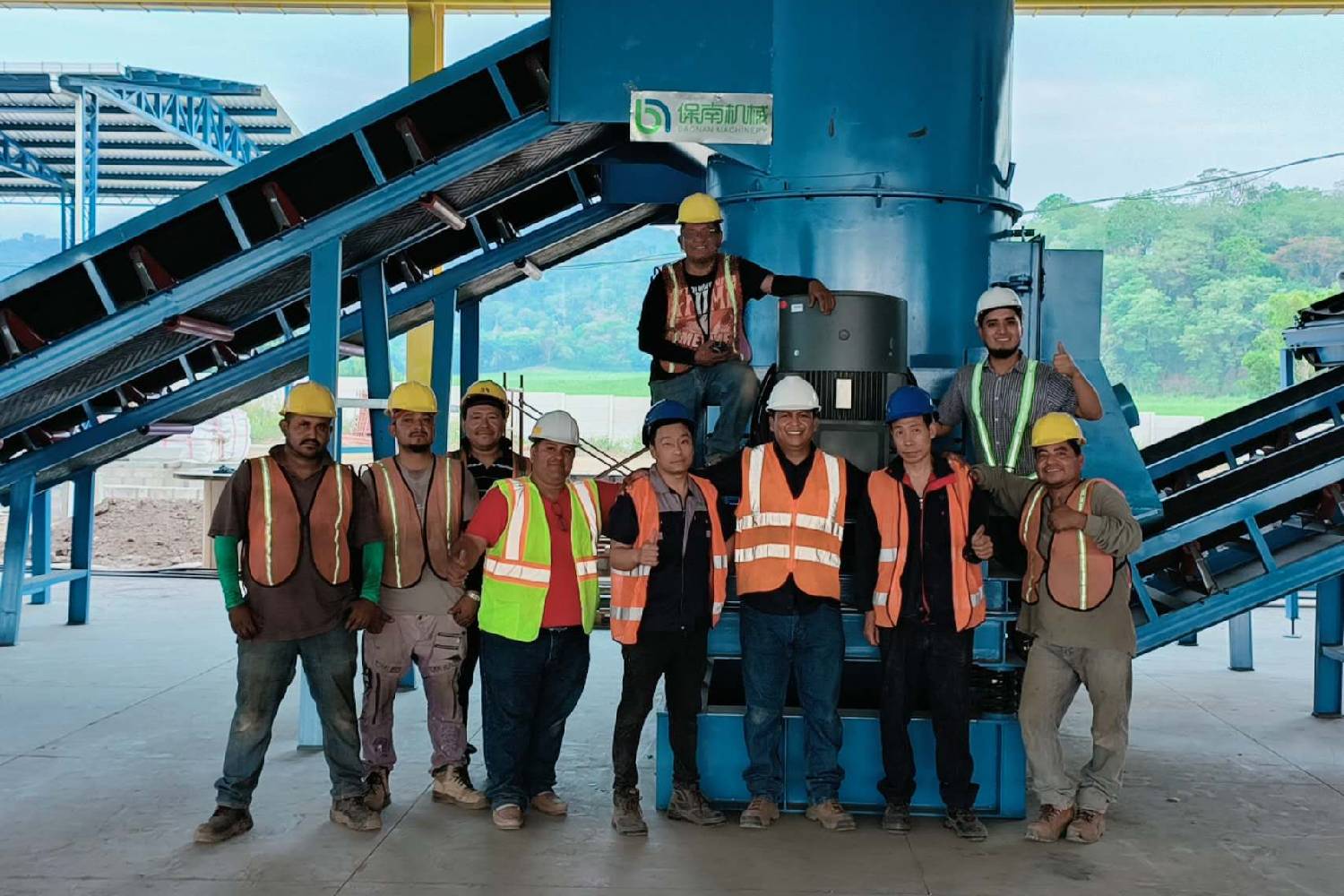Disposing of a flat screen TV is a task that many people face once their television reaches the end of its life cycle. However, with growing concerns about environmental sustainability and electronic waste, it's essential to handle this process responsibly. Here's a comprehensive guide that integrates personal experience, expertise,
and authoritative advice to help you dispose of your flat screen TV effectively and sustainably.

Flat screen TVs, which include LED, LCD, and plasma technologies, are composed of multiple materials that can be harmful to the environment if not disposed of properly. Electronic waste, or e-waste, can release hazardous substances like mercury, lead, and other toxic chemicals into the soil and water if dumped in landfills, posing significant risks to public health and the environment. Therefore, understanding the correct disposal methods is crucial.
1. Manufacturer and Retailer Take-Back Programs Over the years, many television manufacturers and electronics retailers have implemented take-back programs to assist consumers in recycling old electronic devices. Brands such as Samsung, LG, and Sony often offer recycling services or can advise which local services accept their products. Retailers like Best Buy provide recycling programs where you can drop off your old TV for a fee, knowing it will be processed in an environmentally friendly manner. It's recommended to visit the manufacturer's website or contact the retailer where the TV was purchased to inquire about available options.

2. Certified E-Waste Recyclers Utilizing certified e-waste recyclers is crucial for ensuring your flat screen TV is disposed of responsibly. Organizations such as the Responsible Recycling (R2) and e-Stewards certification programs set high standards for how e-waste is managed, emphasizing data protection and environmentally sound recycling practices. By choosing a certified recycler, you can trust that your TV will be dismantled, and valuable materials like metals and plastics will be recovered for reuse, while harmful substances are safely managed.
3. Local Recycling Centers and Events Many communities offer local recycling centers or host periodic events to collect e-waste. These services are often provided free of charge or for a nominal fee. It's advisable to check with your local government or municipal waste authority to find information on such resources. Participating in community e-waste recycling events is an excellent way to contribute to local environmental initiatives and ensure proper disposal.
how do you dispose of flat screen tvs
4. Donation for Reuse If your flat screen TV is still functioning but you're looking to upgrade, consider donating it. Many charities, schools, and community centers accept working electronics, helping to extend the lifespan of the device while supporting a good cause. Ensure to reset your TV to factory settings and clear any personal information before donating.
5. Professional Hauling Services For those who may not have the time or means to transport a TV themselves, professional hauling services are a convenient alternative. Companies like 1-800-GOT-JUNK offer e-waste pickup right from your home. They ensure that items are properly sorted and sent to certified recycling facilities. Although this option may come with a higher cost, it offers reassurance and ease of mind.
6. The Environmental and Legal Perspective From an environmental and regulatory standpoint, proper disposal of a flat screen TV is not just ethical but often a legal obligation. Many regions have laws requiring e-waste recycling to prevent environmental harm. Compliance with these regulations can save individuals and businesses from potential fines and contribute to broader environmental conservation efforts.
In conclusion, disposing of flat screen TVs requires carefully considering multiple factors, including environmental impact, regulatory compliance, and social responsibility. By choosing the appropriate disposal method—whether through take-back programs, certified recyclers, local events, donations, or professional services—you not only ensure the conservation of valuable materials but also actively participate in safeguarding our planet for future generations.


